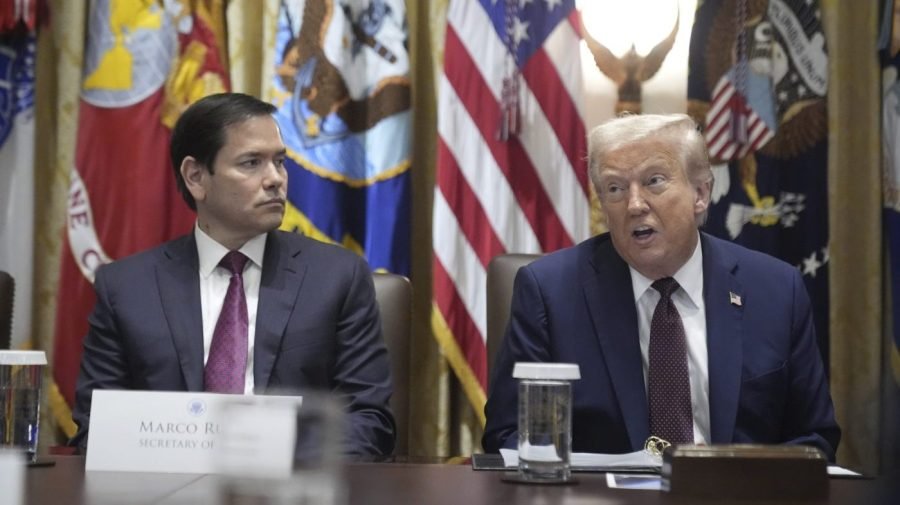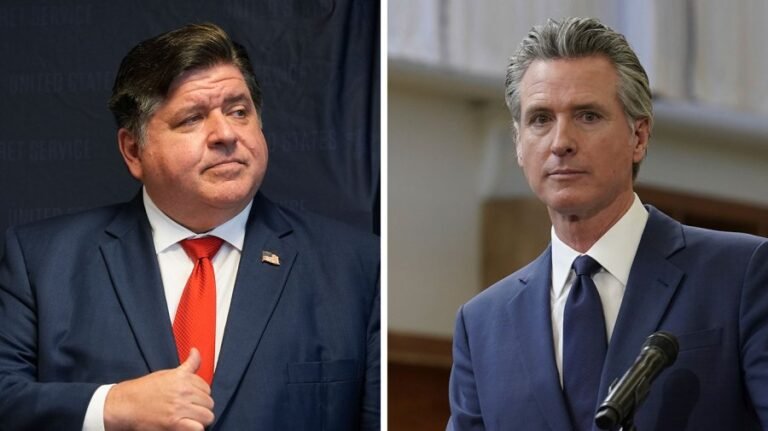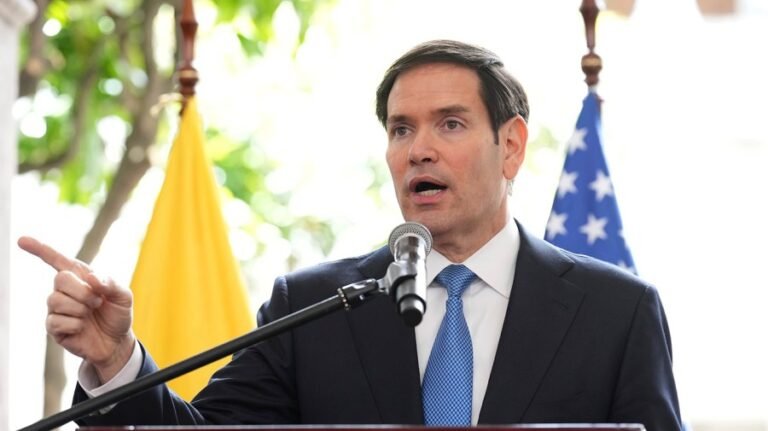
President Trump has just made perhaps his most dangerous assault on the rule of law. He proudly announced that he directed the U.S. military to kill 11 alleged drug smugglers in their boat on the high seas of the Caribbean, excitedly showing a video of the lethal strike.
The strike involves the unlawful use of the military for law enforcement, something Trump is also doing in Los Angeles and Washington D.C. by federalizing the National Guard for domestic law enforcement. Just on a few occasions in our nation’s history have federal troops been called out to restore order, such as enforcing federal courts’ desegregation decrees being forcibly resisted by state authorities or honoring requests from localities to help suppress riots.
Not surprisingly, therefore, District Judge Charles Breyer recently ruled that Trump had acted unlawfully in assigning Marines and federalized National Guardsmen to Los Angeles.
The DEA, Customs and Border Protection and other federal agencies working with their local counterparts have properly treated drug smuggling as a law enforcement issue, not a military challenge. Conventional law enforcement must address the drug problem aggressively — without looking for easy but unacceptable answers.
With brazen candor, Secretary of State Marco Rubio conceded that U.S. authorities could have “interdicted” the alleged smugglers’ boat, but, on Trump’s orders, “we blew it up … And it’ll happen again.” All this “to send a message.”
Rubio later stated during a news conference in Ecuador that partner “governments will help us find these people and blow them up. They might do it themselves, and we’ll help them do it.”
The president’s commissioning of the U.S. military to kill alleged drug smugglers adds a terrifying dimension to this misuse of the armed forces for law enforcement purposes.
What the president ordered — and military commanders carried out — is unacceptable. It is known in international law as “extrajudicial killing” and is universally condemned as a crime, including under federal law.
Extrajudicial killing is the use of deadly force by agents of a government absent the ordinary processes of criminal law — most basically a trial at which guilt is adjudicated by a fair tribunal. In the U.S., that means a judge and a jury.
This an essential element of our constitutional system. The Fifth Amendment directs that “no person shall be deprived of life … without due process of law.” The Constitution contains no exception allowing the president to deprive any person, even an alleged drug smuggler, of his life without due process.
Dropping a missile on a speed boat on the high seas, with the intent of killing everyone on board, is hardly “due process” as any rational person would understand that fundamental concept.
Even if the 11 men blown up on the president’s order were in fact on their way to the U.S. with drugs, the only legitimate course was to intercept and arrest them — as Rubio admitted could have been done — and then put them on trial, where their guilt or innocence could be established.
Extrajudicial killing is also often misguided. How do we know that all 11 men on who were slaughtered were in fact “guilty?” Intelligence estimates? Surveillance? Anyone aware of the history of U.S. involvement in Vietnam or Iraq recognizes that even bona fide estimates by intelligence experts may be wrong.
We do not allow a police officer or a district attorney — or the president or an Air Force pilot — simply to declare a person guilty of a capital crime (which drug smuggling is not) and summarily execute him.
The Supreme Court has insisted that deadly force may not be used even to arrest “fleeing felons” unless their flight poses an immediate, serious danger. Even less tolerable would be a decision simply to kill a suspect without even attempting to capture him for trial in court.
Nor can the president and his subordinates evade these constraints by labeling the targeted drug smugglers as “terrorists.” The law of armed conflict allows some room for the targeted killing of “terrorists,” but this narrow exception applies only to “combatants” or “unprivileged belligerents” in a military sense.
Unilaterally affixing a “terrorist” label to a group of alleged Venezuelan gang members no more legitimized their assassination than it would be allowable to condemn as “terrorists” other alleged criminals, such as Jan. 6 rioters or child pornographers — or detested political opponents. Simply labelling a person a “terrorist” does not confer a “license to kill.”
In the Philippines, former President Rodrigo Duterte became infamous for his own drug-control campaign, unleashing massive numbers of extrajudicial killings of “suspected” drug traffickers — and political opponents — whom he characterized as “terrorists.”
After Duterte was eventually ousted, his successors recognized that his culpability could not be excused. They cooperated with the International Criminal Court, which had charged him with complicity in these extrajudicial murders. Earlier this year, the new Philippines government turned Duterte over to the court for trial on charges of crimes against humanity.
When the Supreme Court created presidential immunity for Trump (and all future presidents) to commit federal crimes, it seemed like hyperbole to declare that this aberrant decision would allow Trump to “get away with murder.” Now, perhaps that is so — in the U.S. at least.
But his subordinates — such as Secretary of Defense Pete Hegseth, who prizes “lethality” above all other values — enjoy no such immunity for their complicity.
Duterte’s fate should serve as a warning even to Trump. Extrajudicial killing is a crime under international law, and the International Criminal Court has a long memory.
Philip Allen Lacovara formerly served as U.S. deputy solicitor general for criminal and national security matters, counsel to the Watergate Special Prosecutor and president of the District of Columbia Bar.


